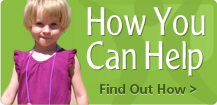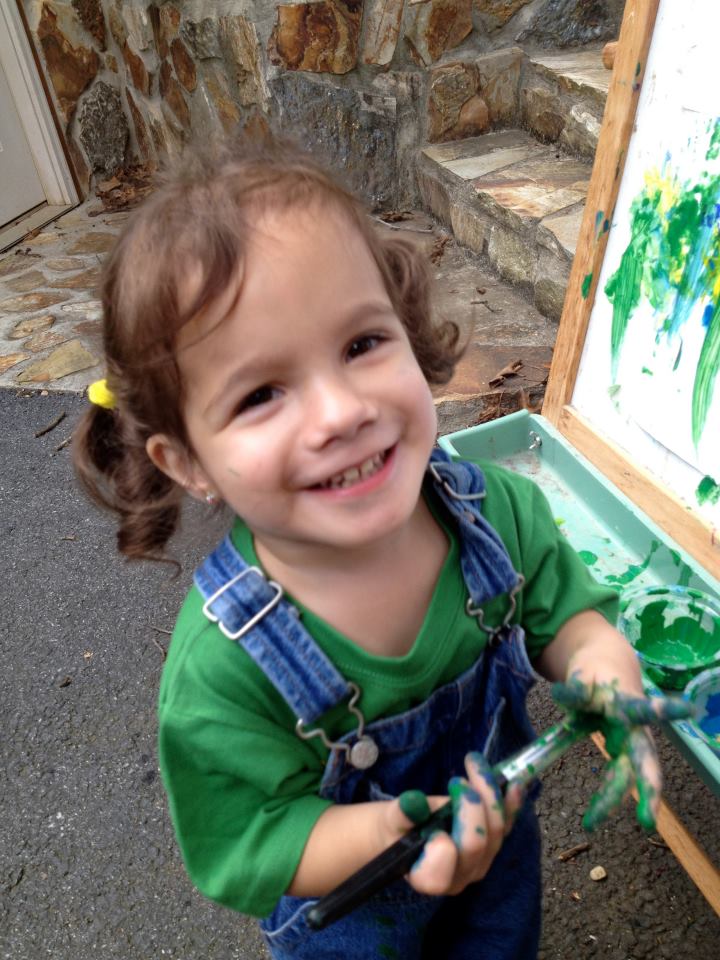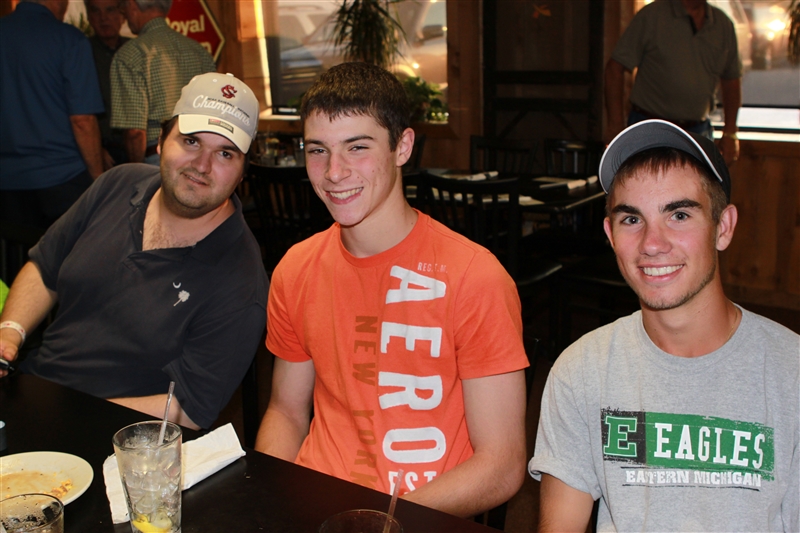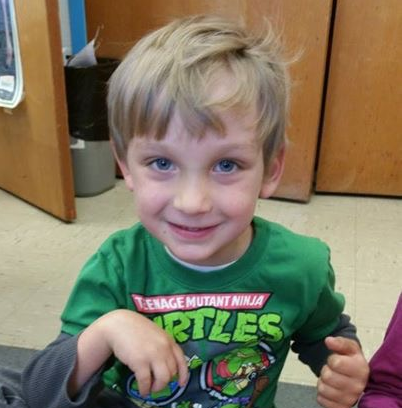The Children’s Hemiplegia and Stroke Association (CHASA), founded in 1996, is a 501(c)(3) non-profit organization dedicated to improving the quality of life for children, teens, young adults and families affected by pediatric stroke and other causes of hemiparesis or hemiplegic cerebal palsy. Families contact CHASA for information and support and we strive to provide the latest up-to-date information. Our resources are simply educational; therefore, families are often reminded to check in with their healthcare professional regarding issues specific to their child.
How CHASA Can Help You Help Your Patients
CHASA can help your patients and their families connect with others who may be experiencing similar challenges. Many families experience isolation and just knowing that they can reach out to others often helps as they cope with learning that their child may have a lifetime of challenges. CHASA has an online discussion group with over 2000 families world-wide in addition to social networking groups and state and country specific groups. Local in-person support groups are available in many areas and if not, we will assist parents or healthcare professionals in forming a group. Other resources available from CHASA include:
- Annual Family Retreat
- Local Support Groups
- Mom Weekends
- Online Discussion Groups, including specialty groups like hemiplegia and epilepsy, cognitive challenges, and a toy/equipment exchange
- Vocational School and College Scholarships
- Athletic Scholarships
- Odd-sized Shoe Exchange
- Kandu Mascot Project – We will send a plush penguin to a child who has hemiplegia.
- Small Grants for Local Group Activities and Programs
- Grants to Assist with Purchase of Orthotics and Hand Braces
- E-Newsletter for Families
Recruiting Participants for Research Studies
CHASA will assist researchers with recruitment of study participants. Only clinical trials and studies that have obtained Institutional Review Board approval will be accepted. Contact CHASA using the form below and we will provide you with contact information. We will require a description of your study, your IRB approval letter, a family-friendly study description to be provided to families, and any other links or contact information that you believe relevant.
 Other Ways CHASA Helps in the Medical Community
Other Ways CHASA Helps in the Medical Community
- Educational Fact Sheets and Brochures about Pediatric Stroke
- Participation in Medical Fairs and Conferences
- Funding Pilot Studies
- Writing Letters of Support for Research Studies
- Assistance with Recruitment of Study Participants
- E-Newsletter with Links to Journal Articles of Interest (Quarterly)
- 2010 Co-Sponsorship of the Neurobiology of Disease in Children Symposium – Cerebrovascular Disease and Future of Pediatric Stroke Research
- Sponsorship of 18 Pediatric Stroke Young Investigators







